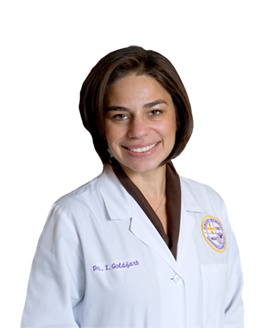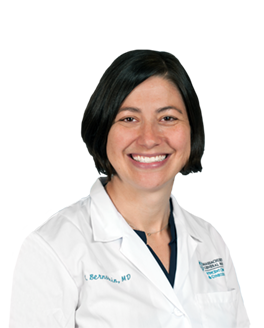-
Featured
Confronting the Opioid Epidemic in the OB/GYN Practice: Optimizing Prescribing Habits and Reducing Opioid Misuse
Researchers in the OB/GYN Department are working to combat the opioid epidemic and mitigate its effects. Recent efforts have focused on preventing opioid use and misuse through a variety of methods including optimized prescribing practices.
-
Featured
Fighting Zika Virus on Multiple Fronts: Identifying Risk, Improving Screening and Investigating Pregnant Women's Vaccination Attitudes
Obstetricians at Mass General are working to fight the Zika epidemic on multiple fronts by guiding decision-making about testing for Zika infection, filling knowledge gaps about Zika risks and develop testing protocols and understanding pregnant women’s attitudes about Zika vaccines to help guide vaccine development.
-
Featured
Perinatal Substance Use Clinic: Multidisciplinary Care from Pregnancy to Early Childhood
A multidisciplinary, 1000-day clinical model offers a new approach to prenatal and postnatal care for mothers with opioid use disorder and their children.
-
Behavioral Science-informed Intervention Improves Primary Care Utilization Within 1 Year Postpartum
Researchers from Massachusetts General Hospital and the Harvard T.H. Chan School of Public Health demonstrated that postpartum patients whose next appointment with their primary care practitioner is scheduled for them, and receive tailored messages and reminders, are more likely than others to attend a primary care visit within 1 year of their due date.
-
Establishing Postpartum PTSD After Traumatic Childbirth
A Massachusetts General Hospital psychiatrist is working to establish formal recognition of childbirth-related posttraumatic stress disorder (CB-PTSD). Her work aims to inform healthcare providers that postpartum PTSD differs from postpartum depression.
-
Commentary: Transcending Language Barriers in Obstetrics and Gynecology
Physicians at Mass General Brigham remind their colleagues that the Affordable Care Act gives patients experiencing language barriers the right to a qualified medical interpreter or qualified bilingual staff, and they propose a framework for addressing language as a key factor in health equity.
Obstetrics Contributors
-

Davida M. Schiff, MD
Medical Director, HOPE Clinic, Instructor, Pediatrics, Harvard Medical School
Recent Article
Racial/Ethnic Disparities Evident in Medical Treatment of Opioid Use Disorder During Pregnancy
-

Ilona T. Goldfarb, MD, MPH
Maternal Fetal Medicine Specialist, Massachusetts General Hospital
Recent Article
Understanding of Sociocognitive Theory Can Improve Medical Student Training
-

Jeffrey L. Ecker, MD
Chief, Department of Obstetrics & Gynecology
Recent Article
Mass General Department of OB/GYN Develops and Executes Three-Pronged Diversity Strategy
-

Jessica R. Gray, MD
Clinical director, HOPE Clinic, Family medicine addiction specialist
Recent Article
Perinatal Substance Use Clinic: Multidisciplinary Care from Pregnancy to Early Childhood
-

Sarah N. Bernstein, MD
Maternal-Fetal Medicine Specialist, Medical director, Outpatient Obstetrics Program
Recent Article
Acceptability of Virtual Prenatal Care: Thinking Beyond the Pandemic
-

William H. Barth, MD
Vice Chair, Obstetrics
Recent Article
Percutaneous Valve Replacement Therapy Sometimes an Option During Pregnancy